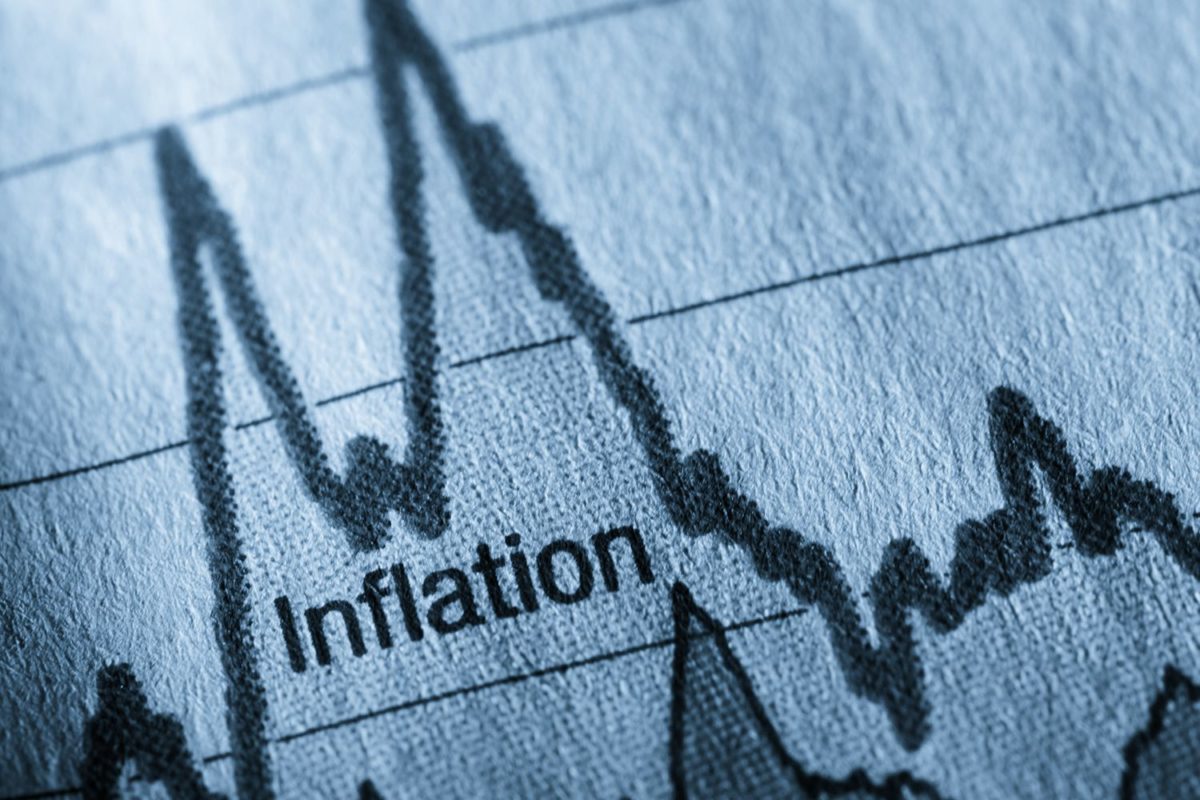Germany Starts Recession on Inflation Pressures
Germany’s entry into an economic recession could potentially have implications for the rest of the G7 nations, indicating broader economic challenges. A recession is defined as two consecutive quarters of economic contraction, and Germany’s shrinking economy has raised concerns about the overall state of the global economy.
The main factor contributing to Germany’s recession is the significant inflationary pressures the country is facing. With an inflation rate of 7.2% in April, above the euro area average but below the UK’s 8.7%, German consumers have been grappling with rising prices. This has led to a decline in household spending on essential items like food, clothing, and furniture, thereby exerting downward pressure on the overall economy. Additionally, businesses have been affected by higher energy prices, resulting in weaker industrial orders.
Initially, the Federal Statistics Agency Destatis had estimated zero growth for the first quarter, which would have allowed Germany to avoid a recession. However, revised figures revealed that household spending decreased by 1.2% compared to the previous quarter, while government spending fell by 4.9%. Car sales also declined due to the scaling back of government grants for electric and hybrid vehicles.
Despite the recession being less severe than anticipated, given Germany’s reliance on Russian energy, the country remains in a vulnerable position. A mild winter and the reopening of China’s economy helped mitigate the impact of higher energy prices to some extent. Private sector investment and exports experienced growth, but these positive factors were not sufficient to lift Germany out of the recession danger zone, according to analysts.
Looking ahead, early indicators suggest that the weakness in Germany’s economy may persist into the second quarter. However, the German central bank, the Bundesbank, expects modest economic growth in the April to June quarter. They anticipate a rebound in the industrial sector to offset stagnating consumer spending.
The International Monetary Fund (IMF) predicts that Germany will be the weakest among the world’s advanced economies, with a projected contraction of 0.1% for the year. Interestingly, the IMF has upgraded its forecast for the UK from a contraction of 0.3% to a growth rate of 0.4%.
The interconnectedness of global economies within the G7 means that if Germany’s economic challenges continue, it could have spillover effects on other member nations. However, the exact extent and impact on each country would depend on a range of factors, including their individual economic structures, policies, and external trade relationships.
































